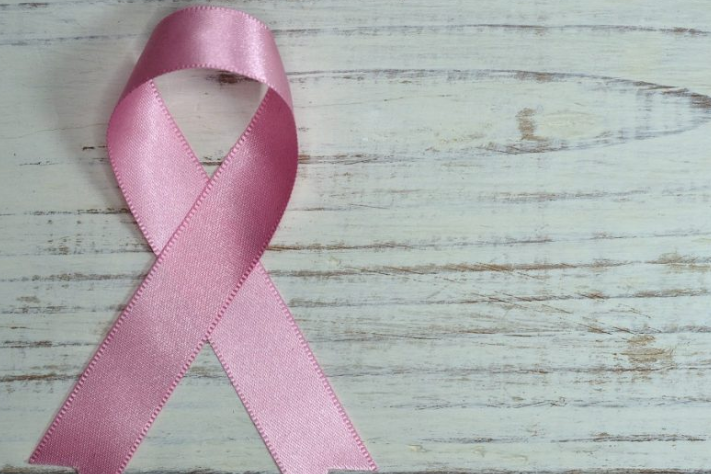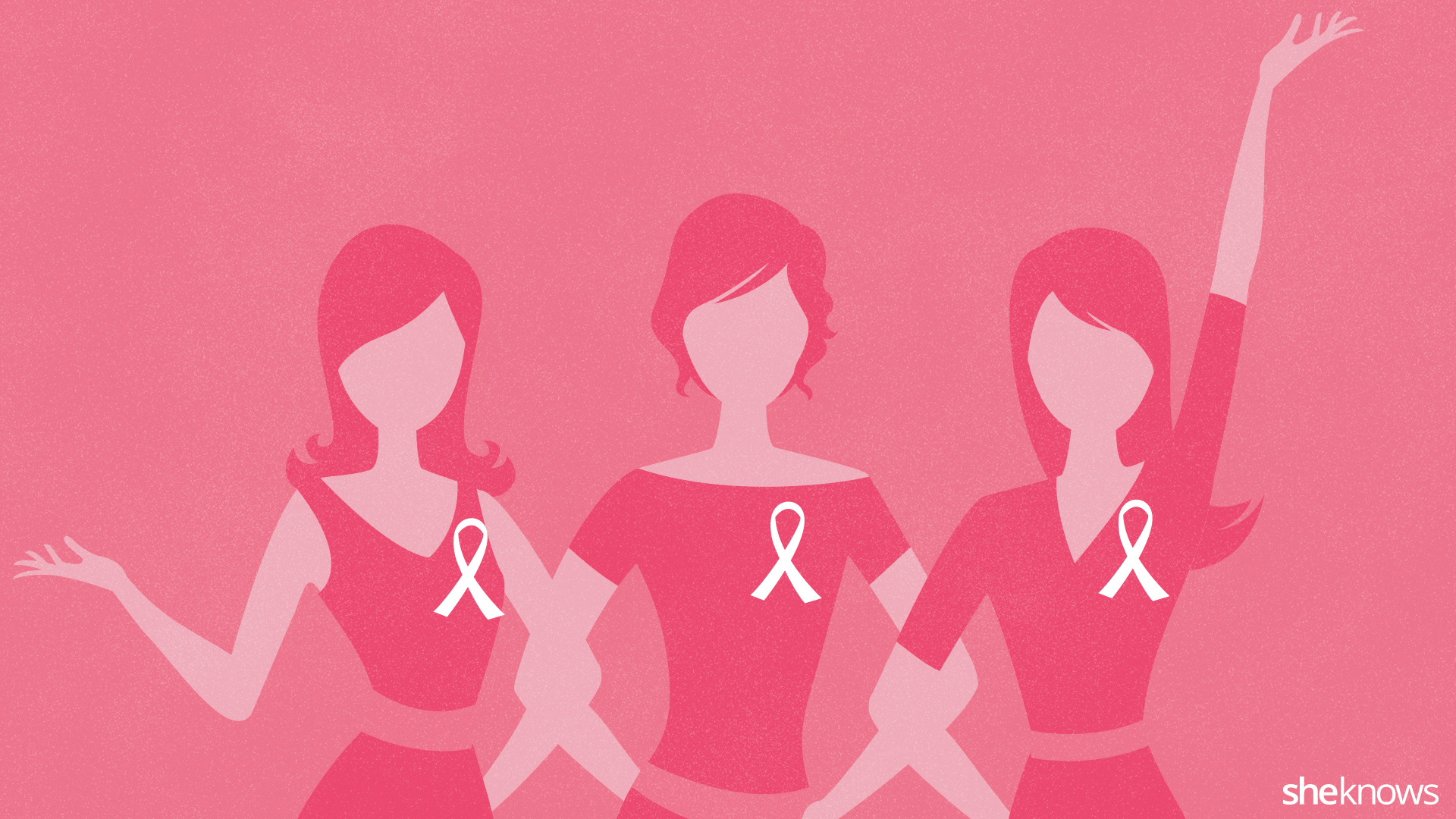New research has revealed that sleeping patterns can affect the risk factors of breast cancer. It was found that women who wake up early are at a lower risk of developing breast cancer compared to the ones who stay up late at night.
It should be noted that breast cancer is affected by other risk factors, as well. For example, alcohol consumption and weight have a high degree of effect on the disease than sleep. Therefore, not all women need to change their sleeping habits.
What the study says about breast cancer?

The study was published in BMJ in the Wednesday issue and it stated that one out of every 100 women who woke up early developed breast cancer, whereas two out of 100 were affected by the disease when it came to the ones who stayed up late at night.
The conclusions are based on data collected from nearly 400,000 women. The information was drawn from two major data banks – UK Biobank and Breast Cancer Association. The researchers found that people who sleep more than seven to eight hours have a slightly increased risk of developing cancer. They also revealed that insomnia does not affect the disease.
What it means for a potential cure for cancer?
 Luca Magnani, a senior research fellow in the Department of Surgery & Cancer at Imperial College London, said,
Luca Magnani, a senior research fellow in the Department of Surgery & Cancer at Imperial College London, said,
“It is important to note that these data do not suggest in any way that modifying sleep habits could eventually lead to a decrease in the risk of breast cancer.”
“What they suggest is that it appears that the risk of breast cancer is associated with a genetic (thus not modifiable) trait that is in itself associated with a “morning” or “night” preference — what we call ‘larks’ and ‘owls’.”
Breast cancer is the most common type of cancer in the UK. Over 260,000 cases of invasive breast cancer will have been diagnosed in the US by the end of this year, according to the American Cancer Society.
The study certainty reveals that there is some link between unhealthy sleeping habits and the negative effect they can have on health. However, it is unclear what exactly is the trait that is linked to breast cancer risk and sleep behavior.
“There is still some way to go before we fully understand the implications of sleeping patterns on health,” said Dr. Dipender Gill, a Wellcome Trust clinical research fellow at Imperial College London.










